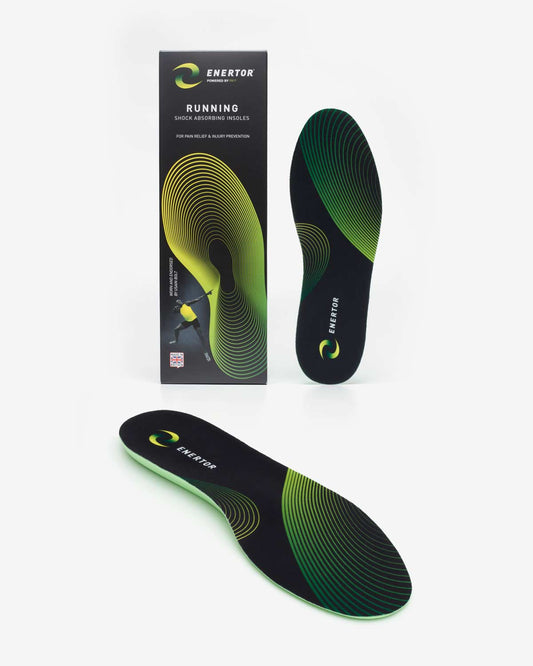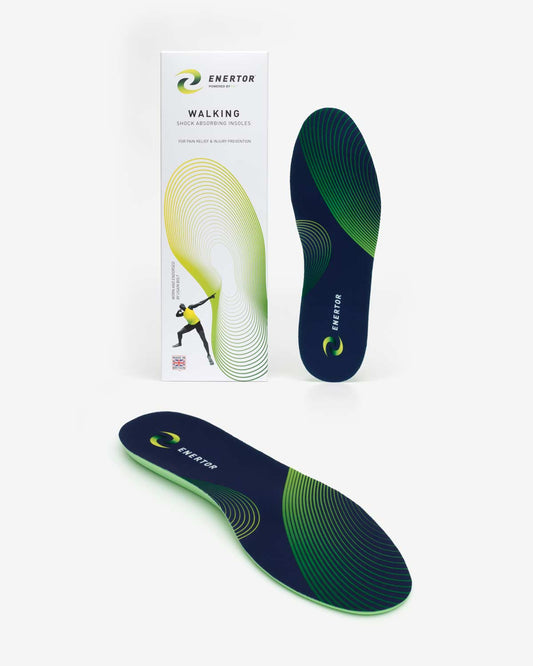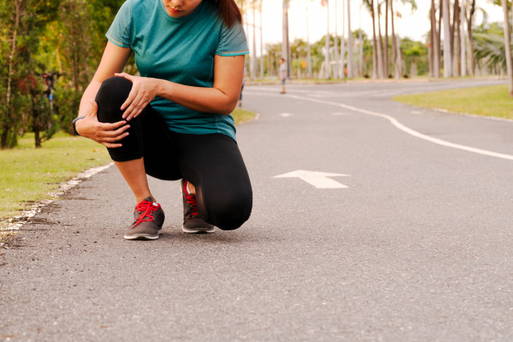Rheumatoid Arthritis
Rheumatoid Arthritis is a long-term condition that causes pain, swelling and stiffness in the joints. Usually this condition affects the hands, feet and wrists but some people with rheumatoid arthritis also experience problems in other parts of the body, or more general symptoms such as tiredness and weight loss. Women are three times more likely to develop rheumatoid arthritis than a men.
Symptoms of rheumatoid arthritis
The main symptoms of rheumatoid arthritis include:
- Before experiencing any symptoms, a person with RA may feel fatigued, unwell and feverish
- Weight loss with redness of joints becoming stiff, painful and swelling appears on the affected area.
What causes rheumatoid arthritis?
- Rheumatoid arthritis is caused by the immune system attacking healthy body tissue leading to swelling and inflammation. However, it's not yet known what triggers this.
- Your immune system normally makes antibodies that attack bacteria and viruses, helping to fight infection.
Treatment and prevention of rheumatoid arthritis
- There's no known way to prevent rheumatoid arthritis (RA), but you may be able to lower your chances.
- To reduce the impact on your feet, use Enertor PX1 insoles in good fitting footwear to protect your joints as much as possible.
- Even though there's nothing you can do to ensure you won't get it, keep in mind that early treatment can make your symptoms less painful and save your joints from damage.
- If you smoke stop now.
- Drugs can ease symptoms, prevent possible joint damage and help to put RA in remission
- We know stretching and moving of the joints is important where water exercises, yoga, pilates, walking, cycling are particularly beneficial.
- Diet plays a part in many chronic conditions and getting enough vitamins, minerals, and other nutrients might help relieve your symptoms and lower your risk of complications.
- Getting enough vitamin D may be especially important for people with RA because some RA medications can raise your risk of vitamin D deficiencies which leads to complications.
- Avoid processed foods, omega-6 fatty acids (seeds, nuts, eggs as examples), sugar and certain sugar alternatives, red meat and fried foods, refined carbohydrates (white flour, white bread, white rice being the main sources), cheese and high-fat dairy and alcohol.
- Ask your doctor for advice.
- Better - As an additional preventative whilst being active you need to wear the insoles in your daily shoes or trainers at all times.
Insoles that work
-

Running insoles
Running & high impact sports
-

Walking insoles
Walking, hiking & daily use





